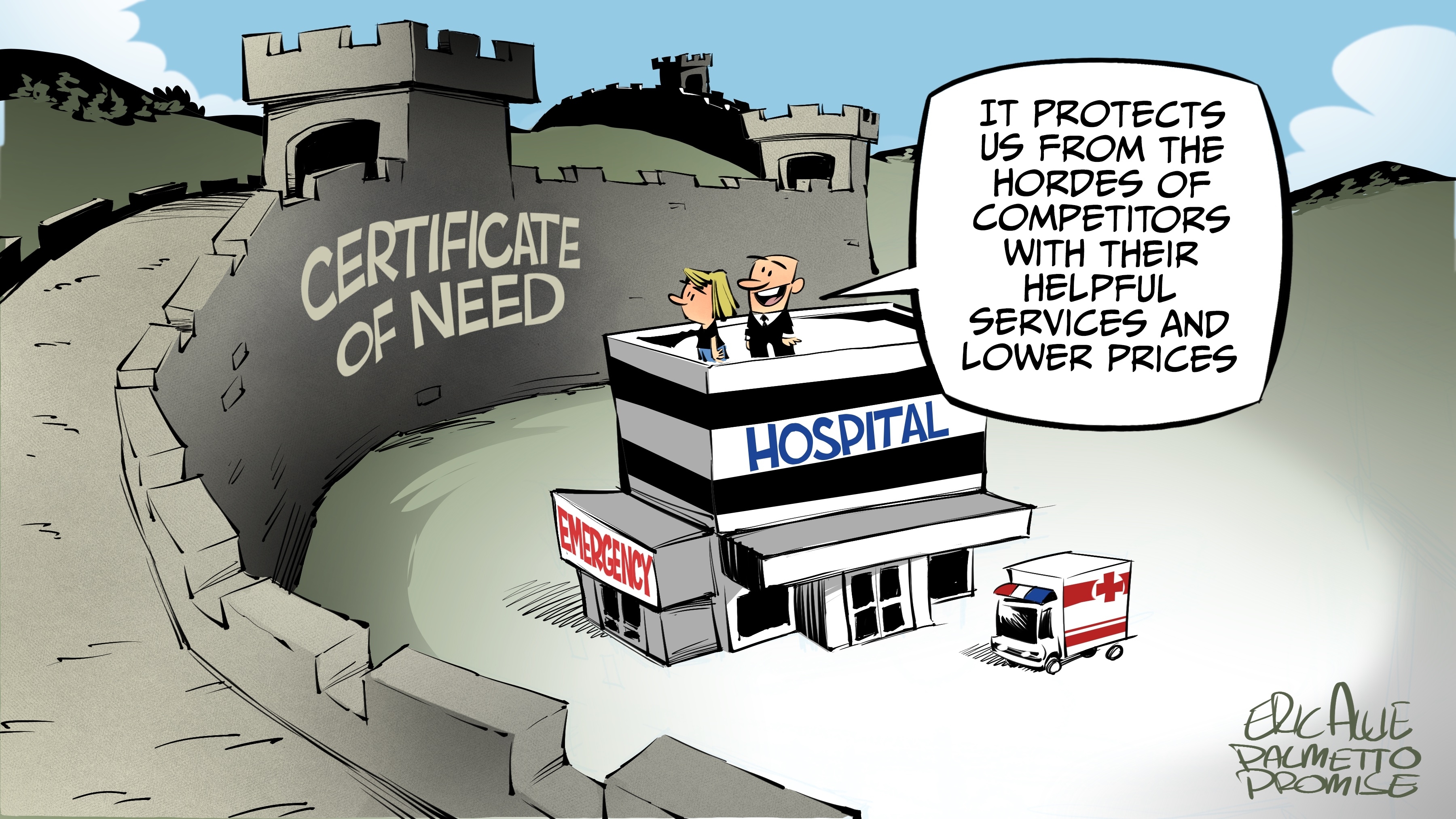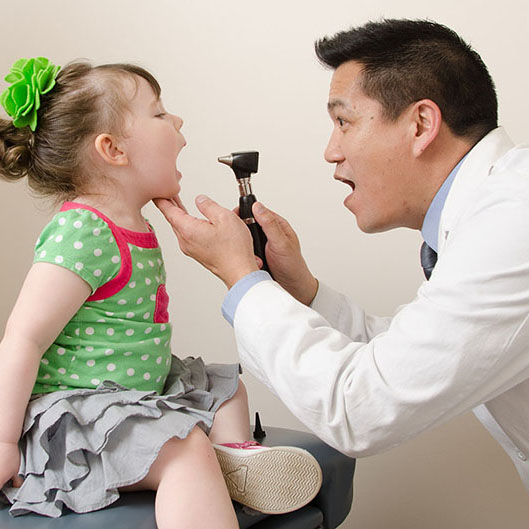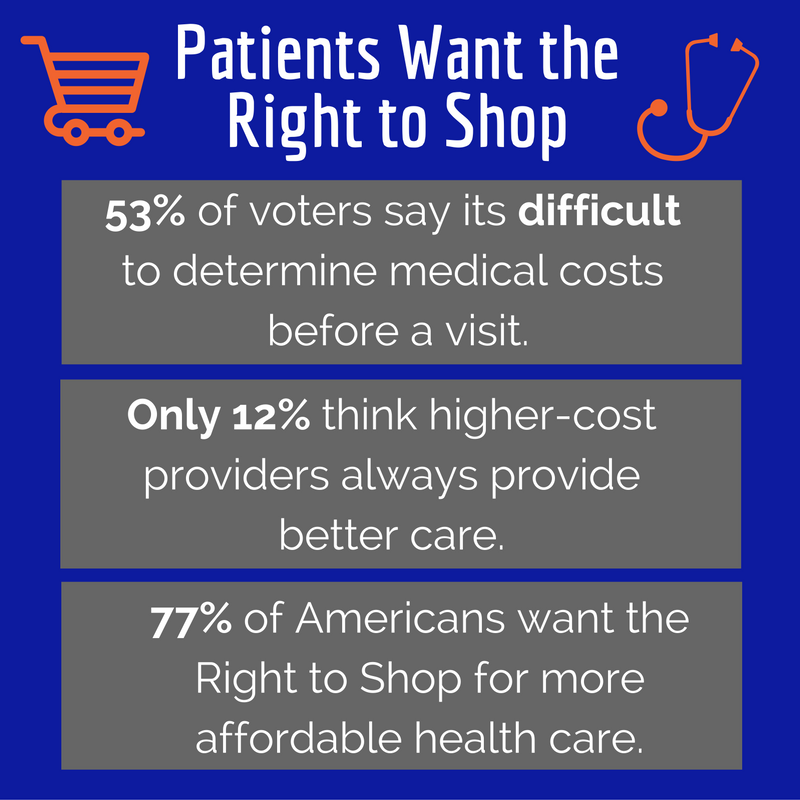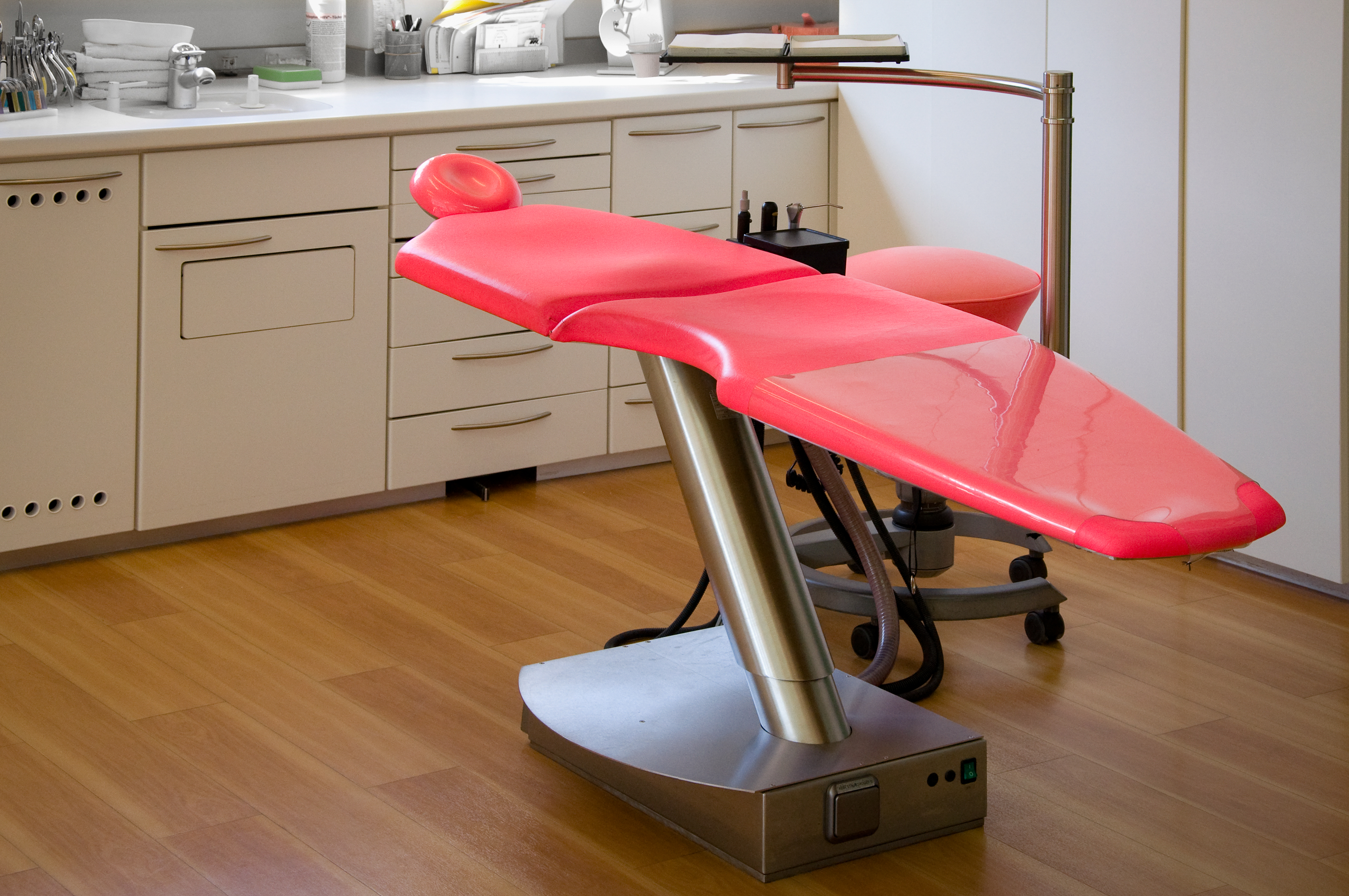Momentum Matters: Keeping Direct Primary Care on Track in SC
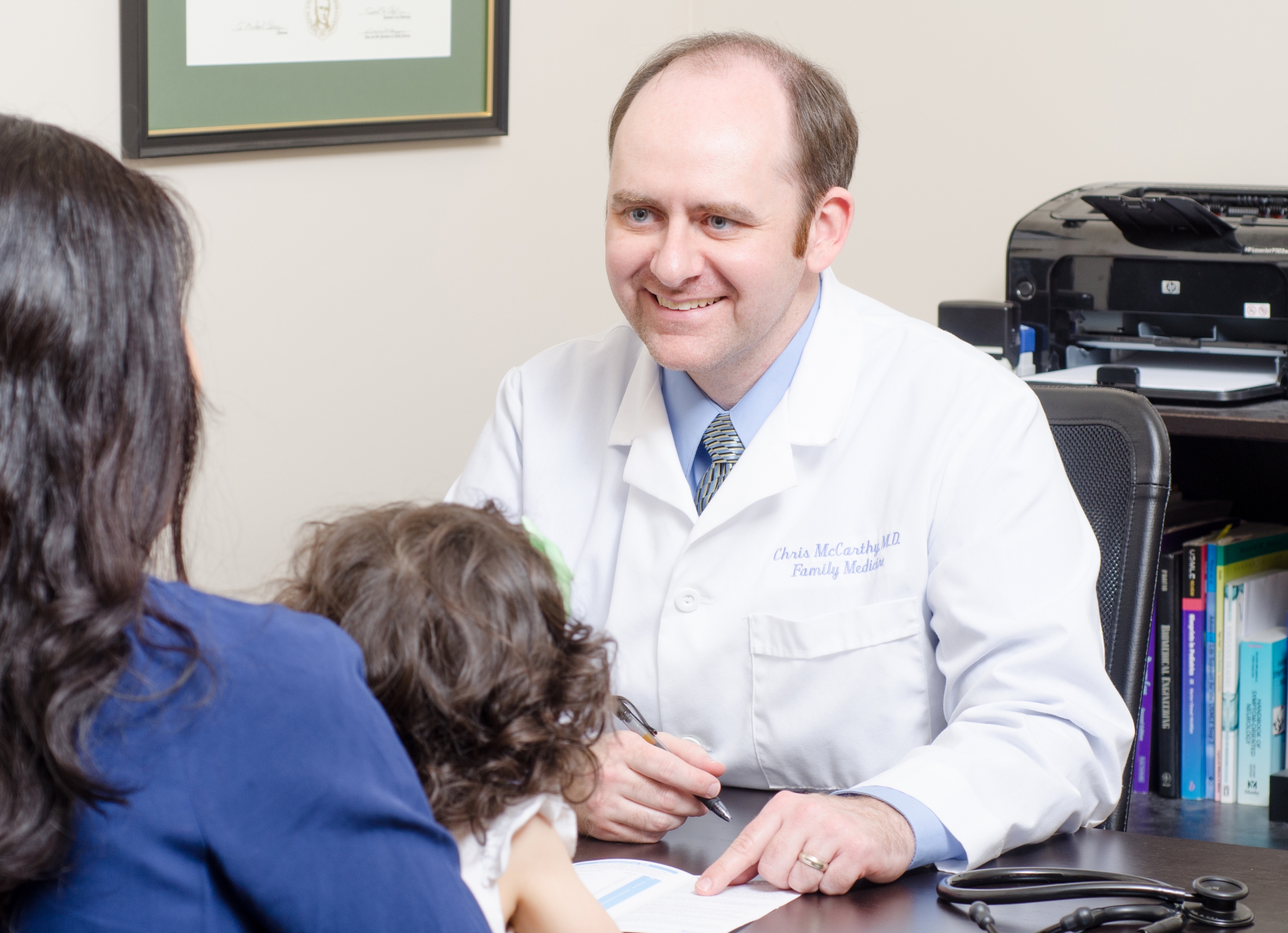
For years, Palmetto Promise Institute has supported Direct Primary Care (DPC) as a key reform to improve healthcare access, affordability, and doctor-patient relationships in South Carolina. With the introduction of H. 3966 by Rep. Davis (R-Moncks Corner), the General Assembly has another opportunity to solidify legal protections for this innovative care model. This legislation comes



